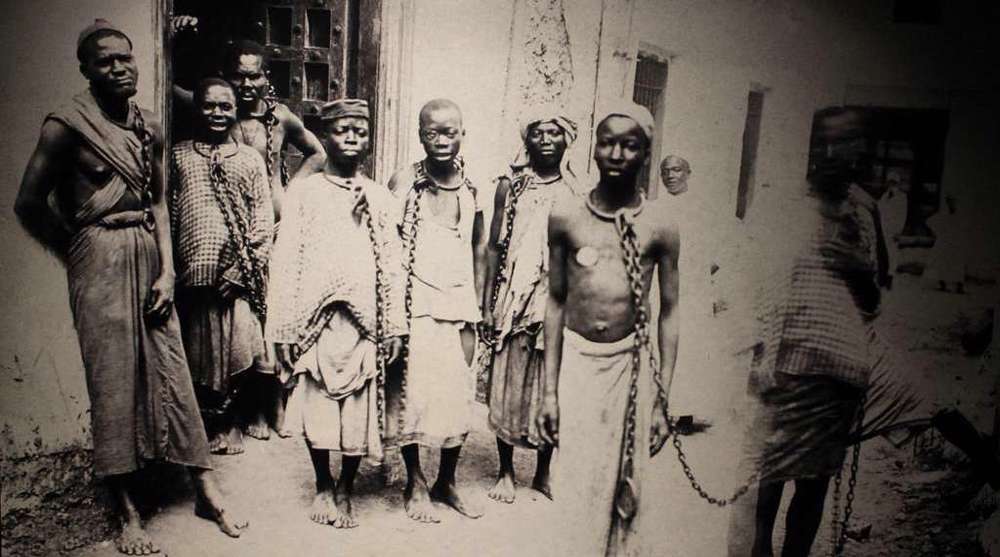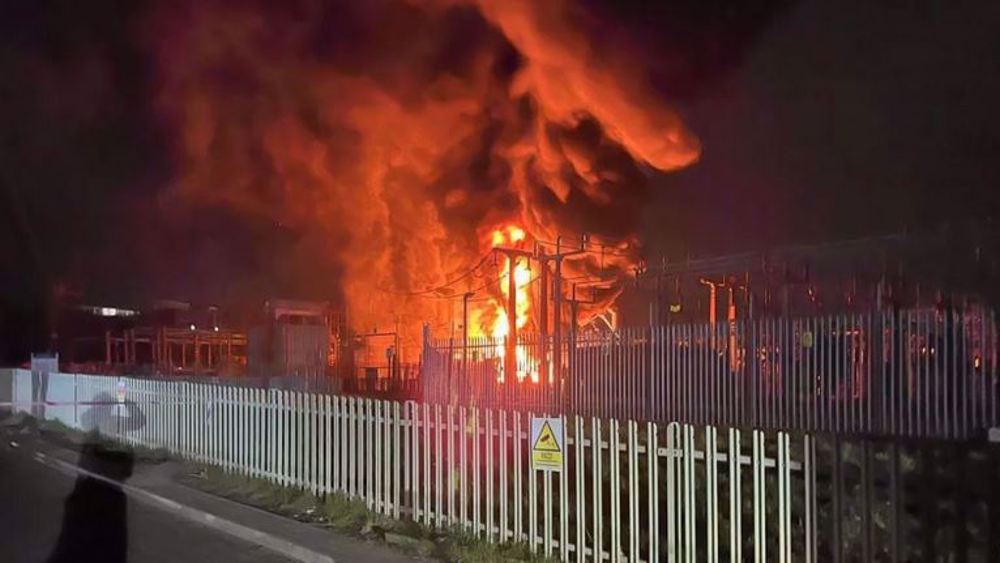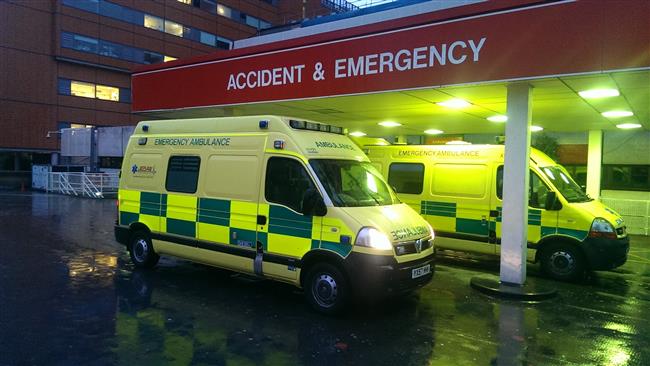UK watchdog warns of poor NHS ambulance service
A UK government watchdog has warned that the National Health Service (NHS) is struggling to keep up with the demand due to an “understaffed and underfunded” ambulance service.
The National Audit Office warned Wednesday that the number of ambulances that have been able to meet the standard 8-minute response time has dropped to 72.5 percent, slipping away from the 75-percent target.
The figure shows that "national performance against response time targets … is getting worse,” according to NAO.
The report stated that only one in three ambulance services were able to respond 999 emergency calls on time from 2015 to 2016.
“Ambulance services are a vital part of the health service but much of their ability to work better greatly depends on other parts of the health system,” said Amyas Morse, head of the NAO.
“Until clinical commissioning groups see ambulance services as an integral part of that system it is difficult to see how they will become sustainable and secure consistent value for money across the country,” he added.
Meanwhile, figures released by Chief Executive of NHS England Simon Stevens’s office show that record numbers of people had to wait at accidents and emergency centers to receive services, with over 18,000 people were left on trolleys more than four in the first week of January.
The NAO report came days after Prime Minister Theresa May denied allegations by Labour leader Jeremy Corbyn that the NHS was facing a crisis.
The British Red Cross warned earlier this month that NHS is facing a “humanitarian crisis” as hospitals and ambulance services struggle to keep up with rising demand.
The warning came following the deaths of two patients after long waits on trolleys in hospital corridors in Worcester.
The deaths prompted claims that the health service was “broken,” and long waits for care, chronic bed shortages and staff shortages were leading towards what the head of Britain’s emergency room doctors called “untold patient misery.”
“For a long time we have been saying that the NHS is on the edge. But people dying after long spells in hospital corridors shows that the NHS is now broken,” said Dr. Mark Holland, the president of the Society for Acute Medicine.

Rights groups urge UK prime minister to hold back on anti-migrant rhetoric

Report: Most Britons ignorant about scale of UK slavery

London’s Heathrow announces shutdown due to ‘significant power outage’
‘Iran’s chemical warfare victims living proof of hollowness of West’s human rights claims’
China's oil imports from Iran surge despite US sanctions: Report
Official: Iran has surpassed West's 'arbitrary' redlines on nuclear tech
Mostly women, children killed as Israel expands Gaza onslaught
VIDEO | Press TV's news headlines
Trump policy protest erupts outside US Congress
Xi calls on EU to join China to resist Trump trade war 'bullying'
Israeli report: Only 25% of Hamas tunnels destroyed after months of war







 This makes it easy to access the Press TV website
This makes it easy to access the Press TV website